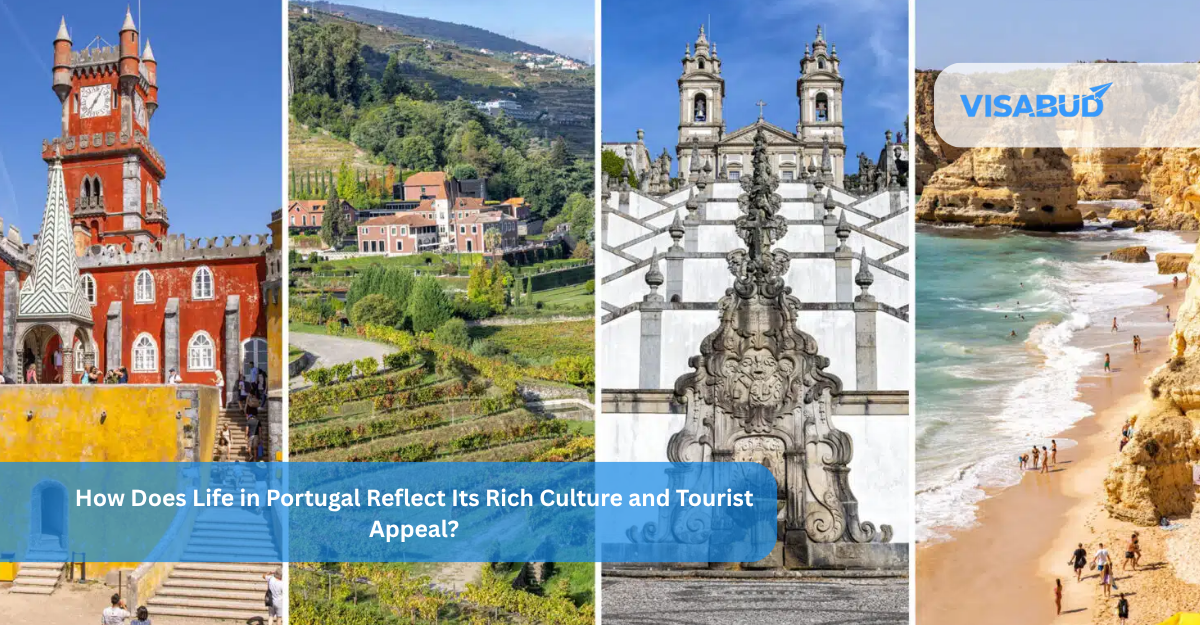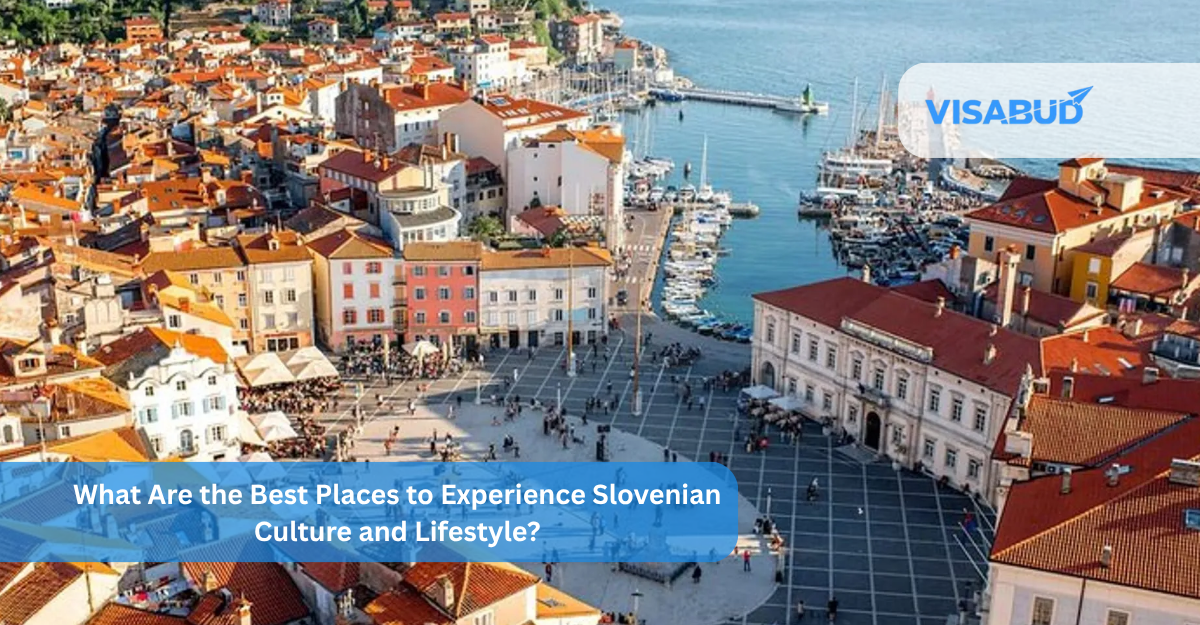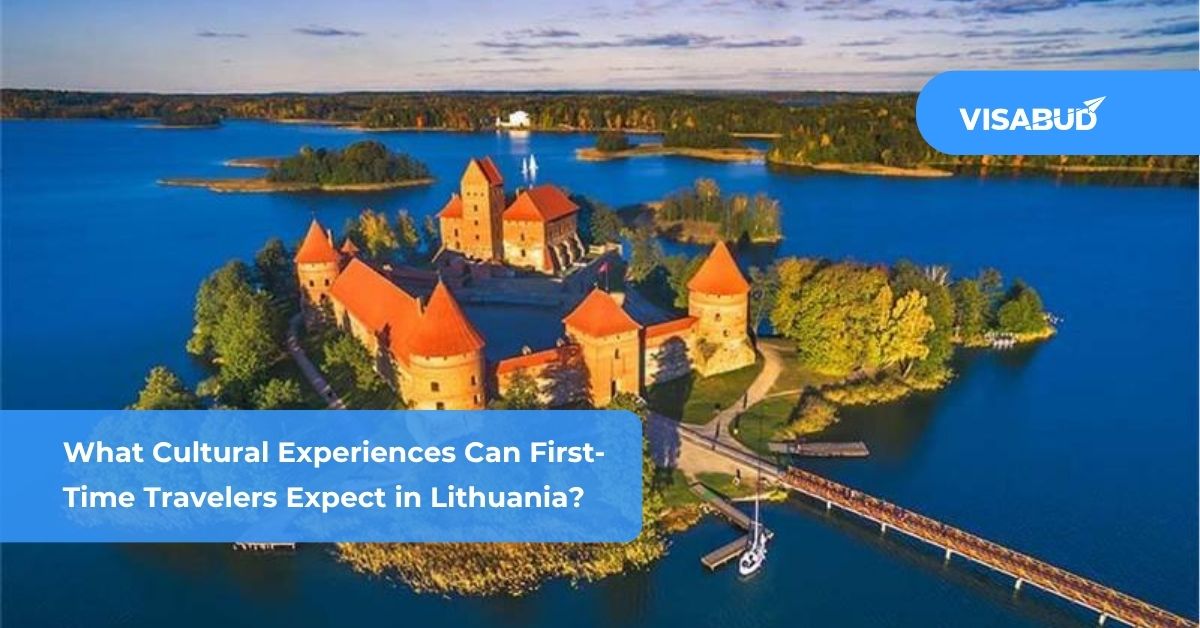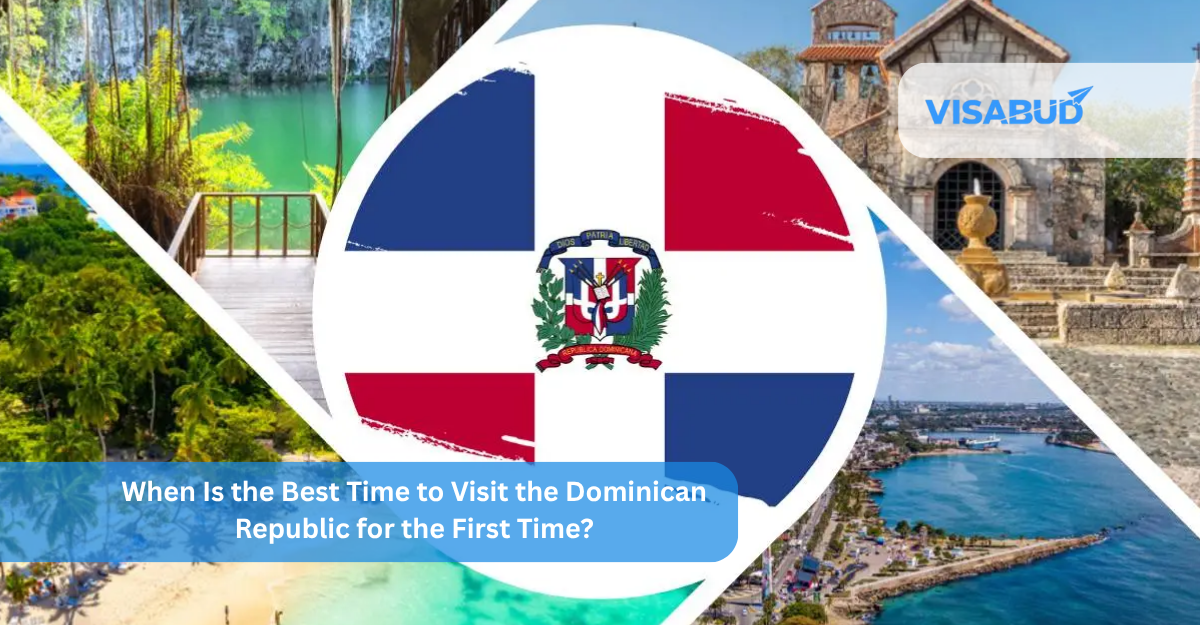If you’re considering a trip to Portugal or even thinking about living there you’re not alone. There’s something about this beautiful country that captures people’s attention. Maybe it’s the sunny coastlines, the cozy neighborhoods with cobbled streets, or the way locals greet you with a warm “bom dia” and a smile. But Portugal is more than just postcard-perfect views. It’s a place where life moves at its own pace, relaxed, yet full of depth and character.
From the outside, Portugal might seem like a simple destination for great food and scenic spots, but once you’re there, you quickly realize how much culture and lifestyle are woven into everyday living. Whether it’s sipping a strong espresso at a corner café, watching neighbors chat across their balconies, or hearing soulful Fado music echo through the alleys of Lisbon, you start to feel that unmistakable rhythm of Portuguese life.
And that’s what draws people in. Portugal isn’t just a place you visit. It’s a place you experience slowly, fully, and with all your senses. It’s in the smell of grilled sardines during a street festival, the quiet moments watching the sunset over the ocean, and the way locals still honor age-old traditions without losing touch with modern comforts.
For travelers, that means more than checking off tourist spots. It’s about feeling connected to the place and its people, even if you’re only staying for a short while. And for those thinking of a longer stay, Portugal offers a lifestyle that feels both calming and inspiring where you can enjoy life’s little pleasures every single day.
Let’s explore the essence of life in Portugal, breaking it down into everyday lifestyle, cultural habits, and the places that bring it all to life.
What Is Daily Life Like in Portugal?
Life in Portugal is a blend of slow living and social warmth. Whether you’re walking through a Lisbon alleyway or sipping coffee in a Porto café, you’ll notice the pace is calmer compared to many Western cities.
Key Aspects of the Portuguese Lifestyle:
How Does Portuguese Culture Show Up in Everyday Living?
Culture in Portugal is not something you visit, it’s something you feel in the streets, taste in the food, and hear in the language and music.
Everyday Reflections of Portuguese Culture:
Culture in Portugal isn’t staged for tourists, it’s woven into the fabric of daily life.
Curious about our journey? Discover it on our About Us page.
What Makes Portugal So Appealing to Tourists?
Portugal isn’t just beautiful, it’s easy to enjoy. It offers variety, affordability, and authenticity in one neat package.
Top Tourist Appeals:
Tourists love Portugal for its mix of history, food, friendly locals, and laid-back vibe.
What Should First-Time Visitors Know Before Traveling to Portugal?
Plan your first trip as simply as possible. Portugal is very traveler-friendly, but knowing a few tips can help you settle in more comfortably.
Practical Travel Tips:
A little preparation helps first-time visitors enjoy Portugal like a local.
Where Are the Best Places to Experience Portuguese Culture Firsthand?
You’ll find authentic experiences throughout the country, but a few spots stand out for their cultural depth.
Must-Visit Cultural Spots:
Portugal’s culture lives in its cities, but its soul can be found in the small towns and local traditions.
Frequently Asked Questions About How Does Life in Portugal Reflect Its Rich Culture and Tourist Appeal?
1. Is Portugal a good place to visit for first-time travelers?
Yes! Portugal is known for being safe, affordable, and incredibly welcoming to tourists. English is widely spoken in major cities, and the public transport system is easy to use making it ideal for first-timers.
2. What is the daily lifestyle like in Portugal?
Life in Portugal moves at a relaxed pace. People value good food, social time, and family. Mornings often start with a café and pastry, and evenings are meant for enjoying local food, wine, or a stroll through the neighborhood.
3. What kind of food is Portugal known for?
Portugal is famous for fresh seafood (like bacalhau – dried cod), pastel de nata (custard tarts), grilled sardines, and rich stews like caldo verde. Don’t miss out on Port wine from the Douro Valley!
4. Does traveling in Portugal require knowing Portuguese?
Not necessarily. Many locals in tourist locations speak simple English. Still, learning a few key Portuguese words like “Olá” (hello) or “Obrigado” (thank you) can be helpful and appreciated.
5. What are some must-see cultural attractions in Portugal?
Some top cultural spots include:
6. Is Portugal more reasonably priced than other European nations?
Portugal is, in fact, thought to be among the most reasonably priced countries in Western Europe . Food, transport, and accommodations are reasonably priced especially outside Lisbon and Porto.
7. What’s the best time of year to visit Portugal?
Early fall (September–October) and spring (April–June) are the ideal seasons. You’ll enjoy great weather and fewer crowds than in the peak summer months.
8. What are Portuguese people like?
Generally, Portuguese people are friendly, laid-back, and proud of their culture. They may seem reserved at first, but they’re helpful and kind once you start a conversation.
9. How safe is Portugal for solo travelers or families?
Portugal is ranked as one of the safest countries in Europe. Violent crime is rare, and solo travelers including women and families often feel very comfortable exploring both cities and rural areas.
10. What’s a unique experience I shouldn’t miss in Portugal?
Try attending a Fado music performance in Lisbon’s Alfama district, sailing on a Douro River cruise in Porto, or watching the sunset from the Cliffs of Cabo da Roca, the westernmost point of Europe.
Final Thought
What It Really Feels Like to Live or Travel in Portugal
Life in Portugal isn’t just about picture-perfect beaches, charming towns, or cobbled streets lined with history though you’ll definitely find all of those. What really makes Portugal special is how it feels. There’s a certain calmness in the way people live, a rhythm that’s slower and more intentional. Whether it’s an unhurried coffee at a corner café or a quiet afternoon stroll through a sunlit alley, life here invites you to slow down and simply enjoy the moment.
There’s a deep sense of tradition too, not just in the festivals or the music, but in the way families gather every Sunday, how locals take pride in their food, or how every small village still honors centuries-old customs. Even in bigger cities like Lisbon or Porto, that sense of warmth and connection isn’t lost. Strangers often greet you with a smile, and shopkeepers genuinely take time to chat not just because it’s polite, but because that’s just how people are.
If you’re just visiting Portugal for a few days or a couple of weeks, you’ll quickly notice how easy it is to feel at home. If you’re staying longer, don’t be surprised if you start picking up some of the local habits like taking life a little slower, savoring your meals, or prioritizing time with family.
Portugal has this subtle but lasting impact. It’s the kind of place that doesn’t just impress you with its beauty, it stays with you long after you’ve left. You may arrive as a tourist, but you’ll leave feeling like you’ve experienced something far deeper than just a holiday.
You Might Also Like : Budget-friendly travel destinations in Europe
Want to know more beyond this guide? Contact Us







